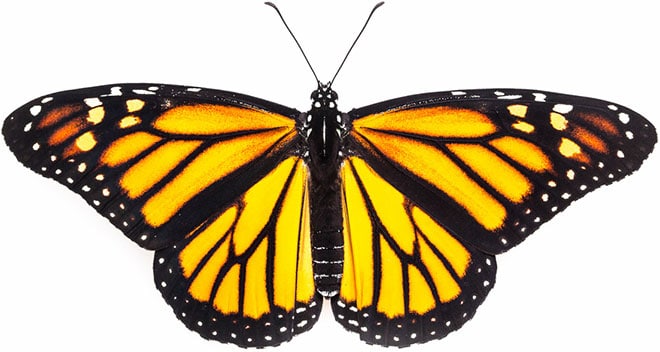Since 2016, the Harris Center has maintained six study plots as part of the Salamander Population & Adaptation Research Collaboration Network (SPARCnet), a regional research effort aimed at understanding the effects of climate change on woodland salamander populations. Each plot consists of 50 small wooden “coverboards” that appeal to woodland amphibians — especially red-backed salamanders (Plethodon cinereus) — as sources of shelter. Each spring and fall, we work with students, interns, and community scientists to survey for salamanders under the coverboards.
A SPARCnet Whodunit
In the fall of 2021, something strange happened: we kept finding our plots in disarray, with coverboards flipped over, moved around, and sometimes even stacked on top of one another! We’d dutifully restore the boards to their grid pattern, but a week later, they’d be a mess again. What was the source of the disturbance? Wildlife? Mischievous humans? Heavy storms?
Caught in the Act
A motion-activated trail cam placed at one plot revealed the culprit: a racoon, searching for tasty morsels! The camera was in place from October 10 through 29, and we captured video footage of a raccoon turning over boards on four different dates: October 11, 12, 14, and 24.
Biodiversity, Close to Home
In addition to the raccoon, at least eleven other species — black bear, coyote, fisher, bobcat, porcupine, white-tailed deer, wild turkey, hermit thrush, gray squirrel, Eastern chipmunk, and deer mouse — were captured on camera as they passed through our study plot.
Many wildlife surveys that utilize trail cameras focus on high-traffic locations such as fallen logs, stone walls, or beaver dams, so we were surprised that our “coverboard cam” detected so many species over the span of just three weeks in a relatively ordinary patch of woods — demonstrating once again the value of protected habitat, and that there’s no such thing as “ordinary” where the SuperSanctuary is concerned.
Contact Us
For more information on the Harris Center’s red-backed salamander monitoring efforts, or to be notified the next time we have a SPARCnet community sampling day, contact Brett Amy Thelen by email.

